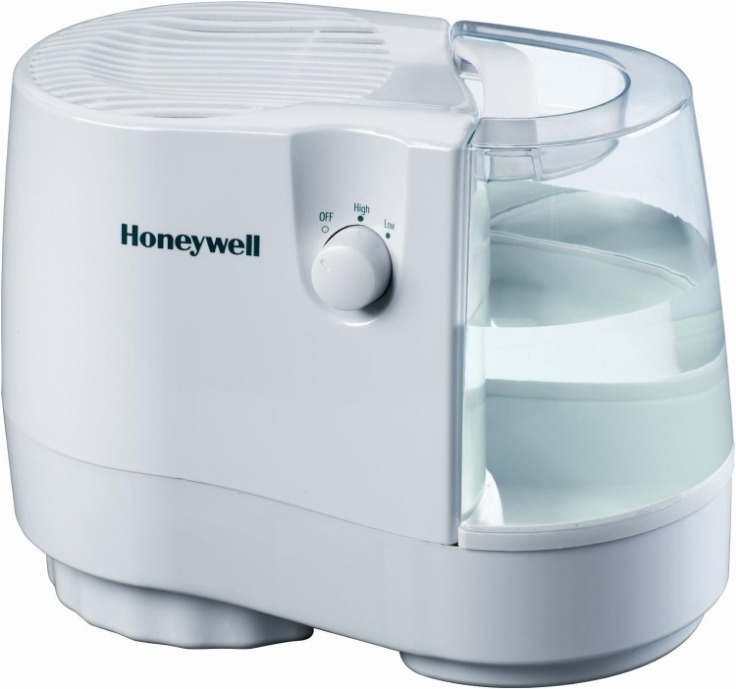Many individuals struggle with mouth breathing at night, which can lead to a host of issues like dry mouth, snoring, and reduced sleep quality. Understanding and addressing the cause of this habit is crucial for overall wellness. Here are practical strategies to help you stop mouth breathing at night and improve your sleep hygiene.
Identify Underlying Causes
Determining the root cause is the first step. Common triggers can include:
- Nasal congestion or allergies
- Structural abnormalities like a deviated septum
- Habitual patterns or stress
Read more about how to stop mouth breathing at night here.
Maintain Proper Nasal Hygiene
Regularly Cleanse Your Nasal Passages
Using a saline spray or nasal irrigator can help keep your nasal passages clear, making it easier to breathe through your nose.
Manage Allergies Effectively
Consider using air purifiers, hypoallergenic bedding, and over-the-counter antihistamines to reduce allergens in your environment.
Practice Breathing Exercises
Diaphragmatic Breathing
Engage in diaphragmatic breathing exercises during the day to strengthen your nasal breathing. This exercise involves breathing deeply through your nose while expanding your diaphragm.
Buteyko Method
The Buteyko method focuses on shallow breathing, reducing over-breathing tendencies. This can be particularly useful for those who habitually breathe through their mouths.
Use Sleep Aids
Chin Straps
Specially designed chin straps can gently keep your mouth closed, encouraging nasal breathing while you sleep.
Nasal Dilators
Nasal strips or dilators can help keep your nasal passages open, reducing the likelihood of mouth breathing.
Modify Your Sleep Environment
Optimal Humidity Levels
Using a humidifier can ensure the air in your bedroom is moist, reducing the discomfort associated with nasal congestion.
Elevate Your Head
Using an extra pillow or an adjustable bed frame can help reduce nasal congestion, making it easier to breathe through your nose.
Consult Professionals When Needed
If you have tried these methods and still find it difficult to stop mouth breathing at night, it may be beneficial to consult a healthcare provider. They can identify any structural issues or other medical conditions that may be contributing to the problem.
Now armed with these insights and strategies, you can effectively address and eventually overcome mouth breathing at night, paving the way for better sleep and improved health.



